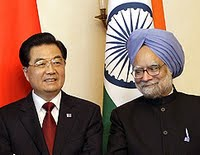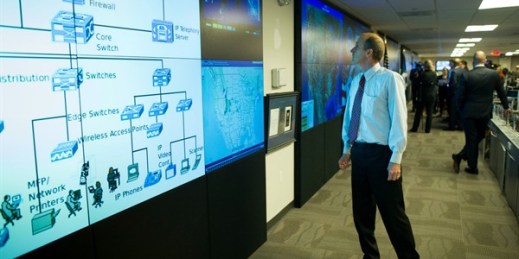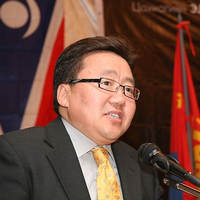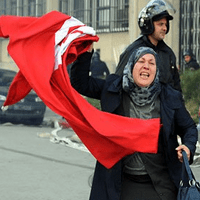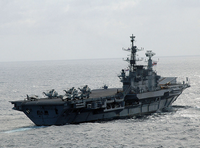
The plight of the Indian freighter MV Asphalt Venture has added a new dimension to India’s fight against piracy in the Indian Ocean. In a first, a spokesperson for pirates based in Harardhere, Somalia, announced last week that they had reached a “consensus” decision to retain seven Indian sailors as hostages — even though the pirates had released the ship itself after receiving the full ransom from its Mumbai-based owners. The move is an attempt to achieve the release of about 120 Somali pirates currently held in Indian prisons following a series of Indian naval actions in the Indian Ocean […]




